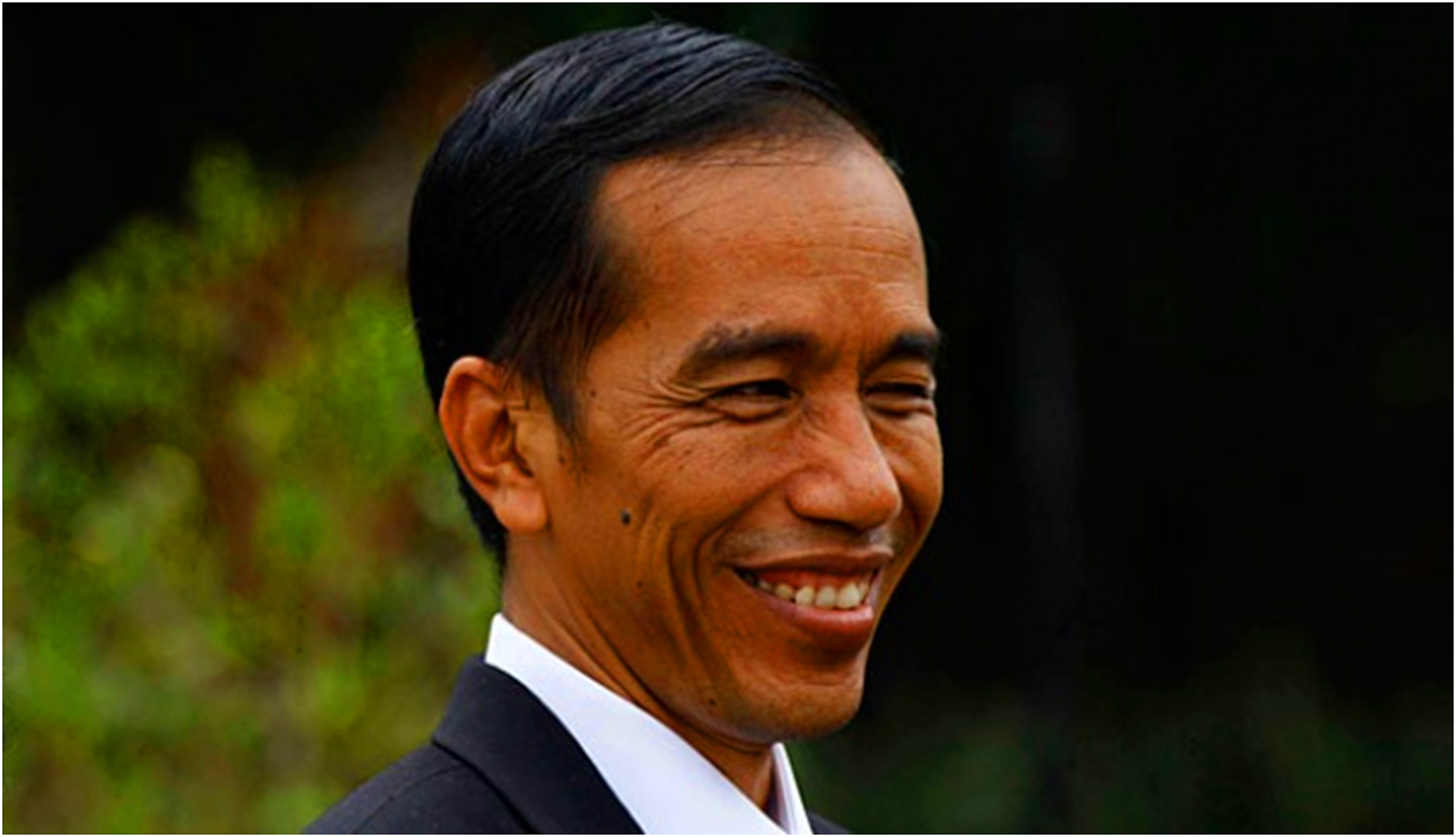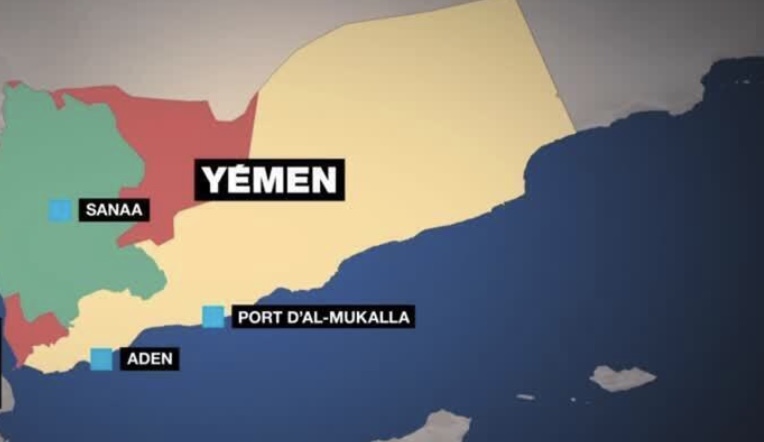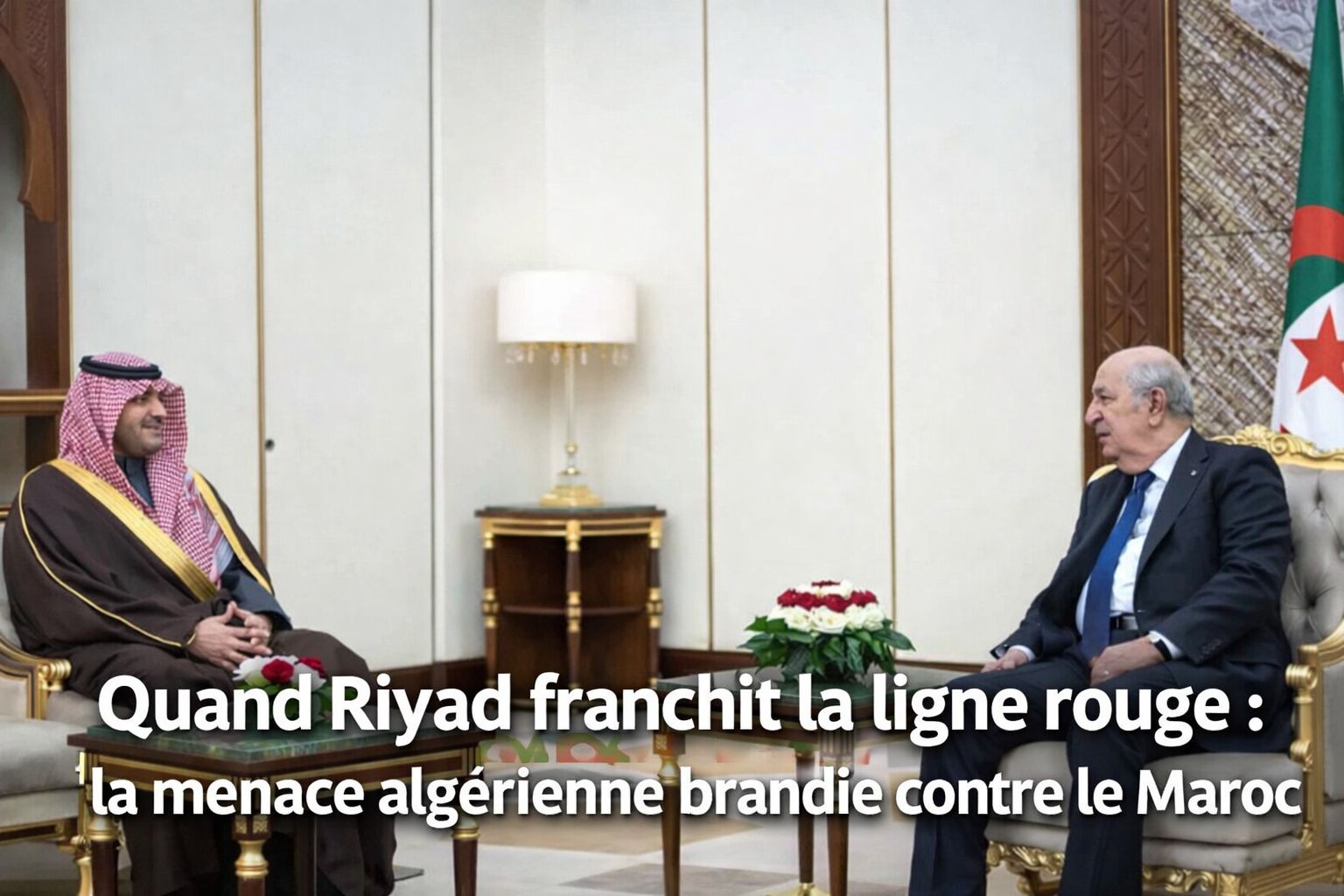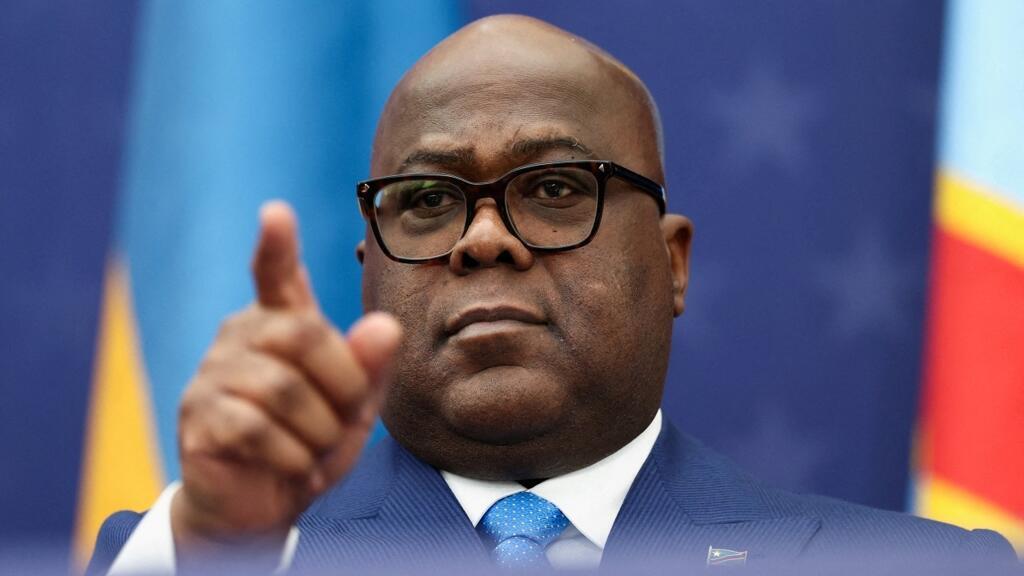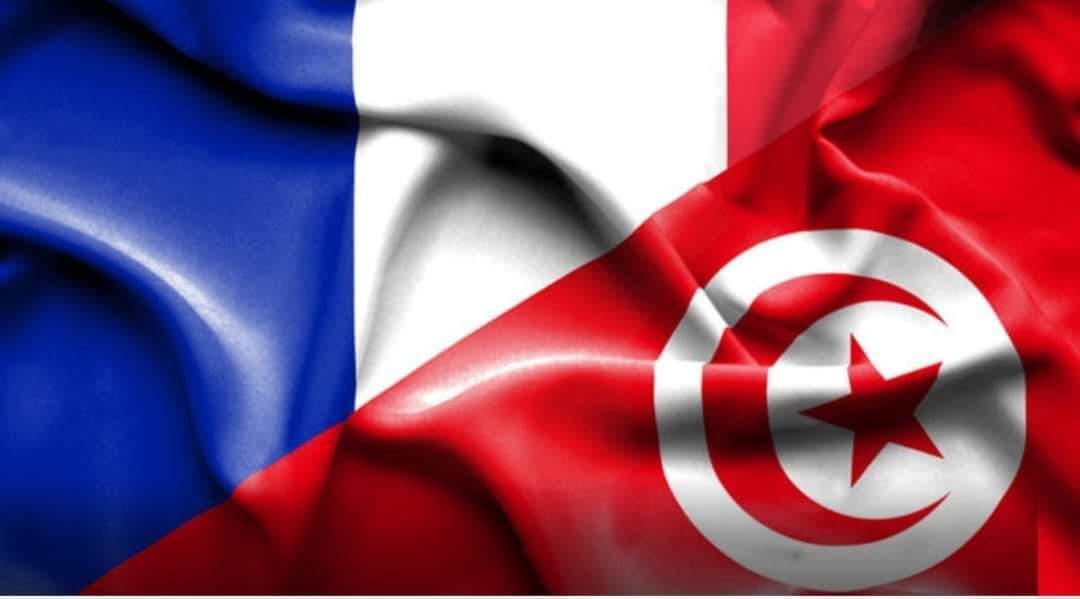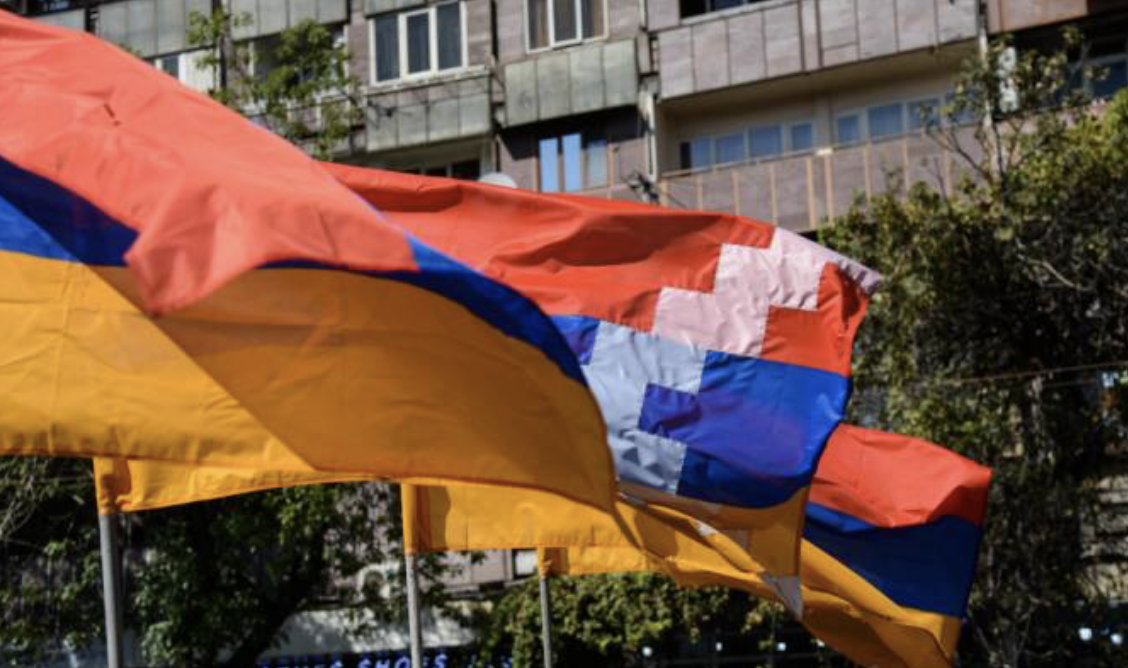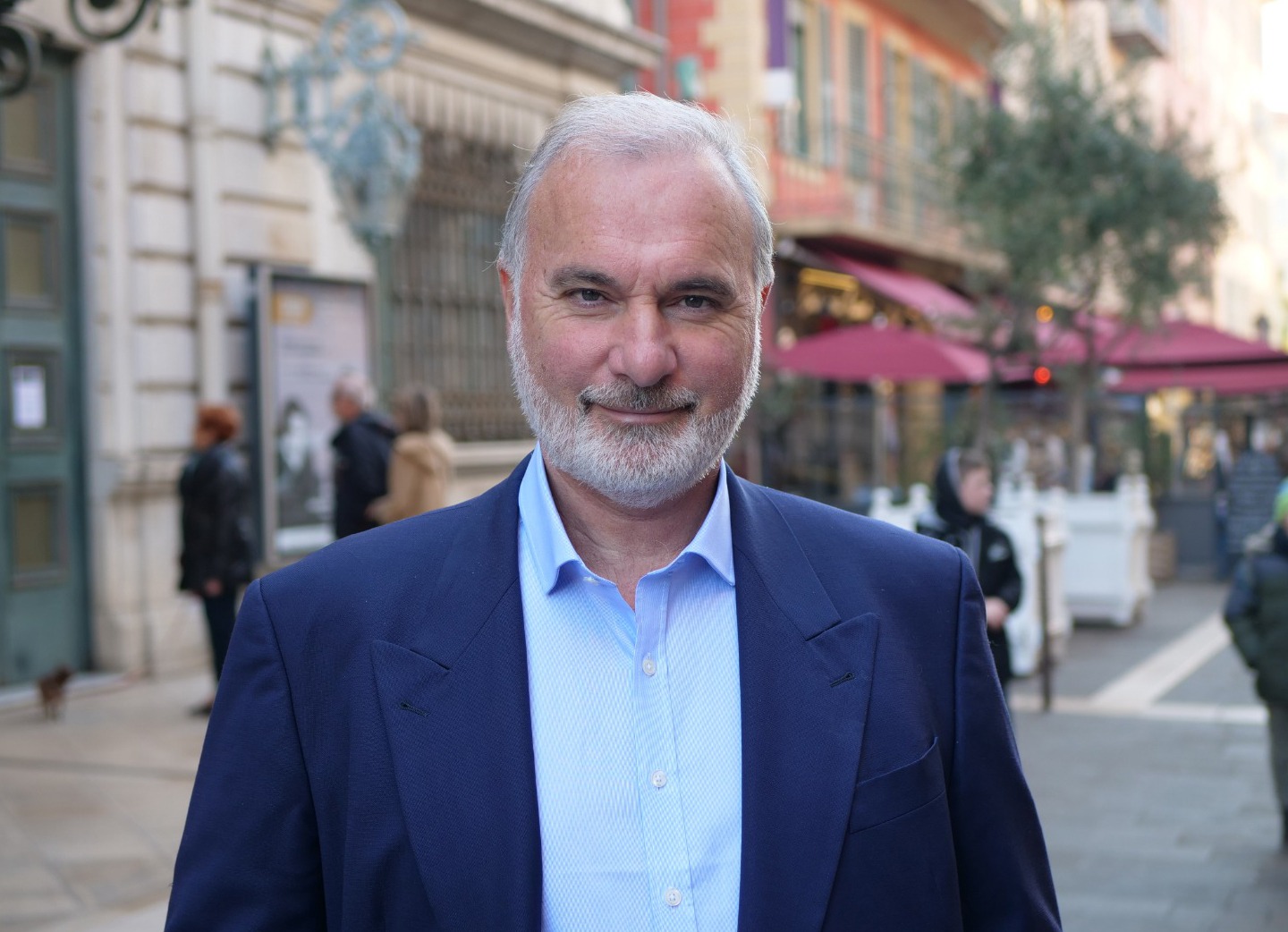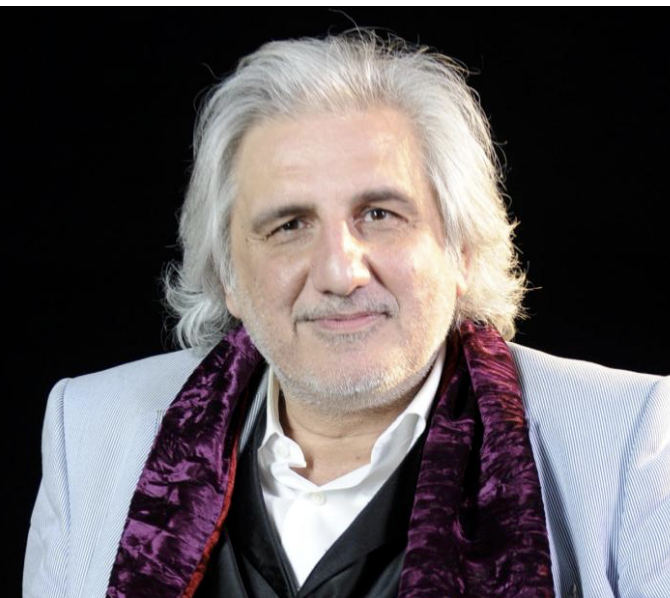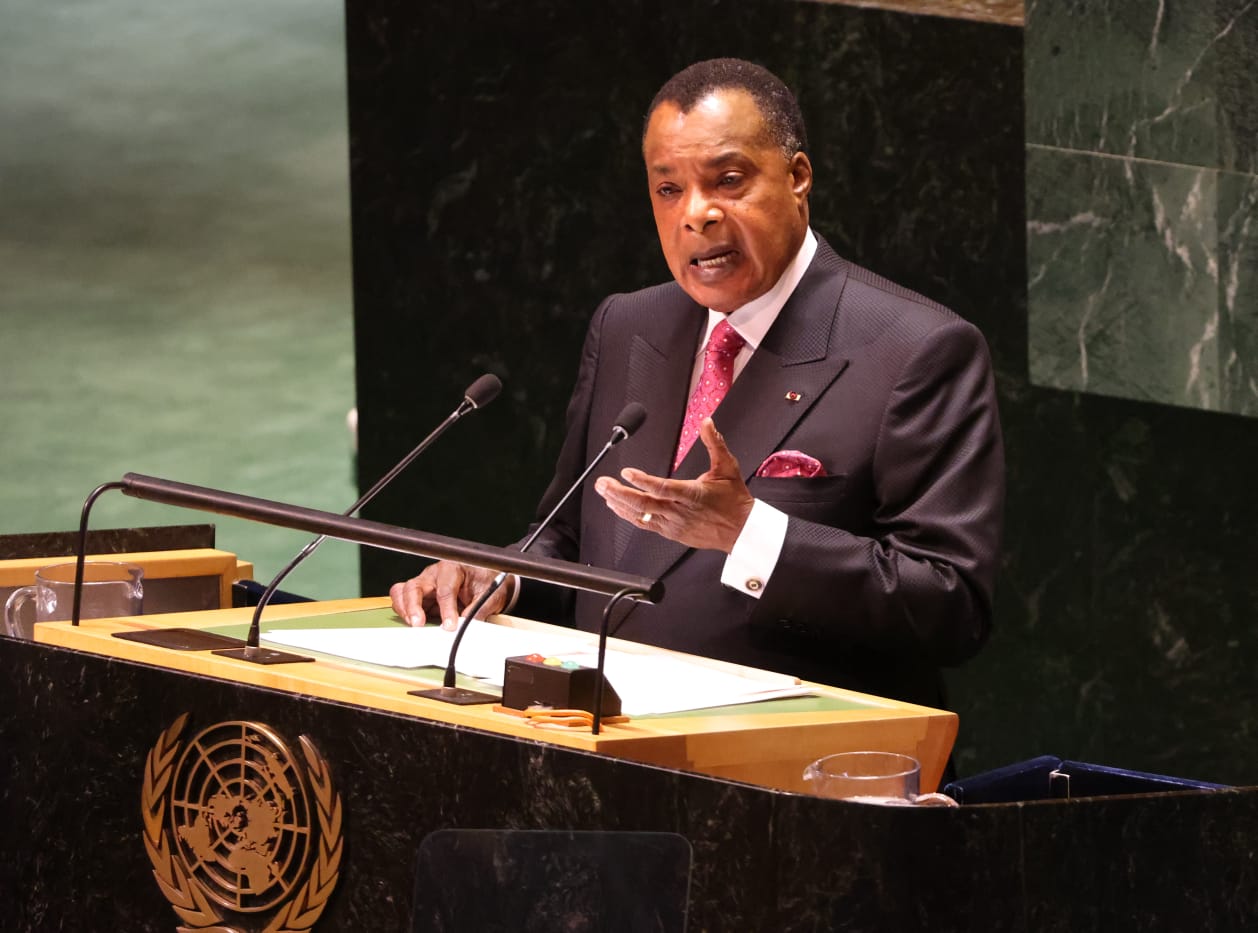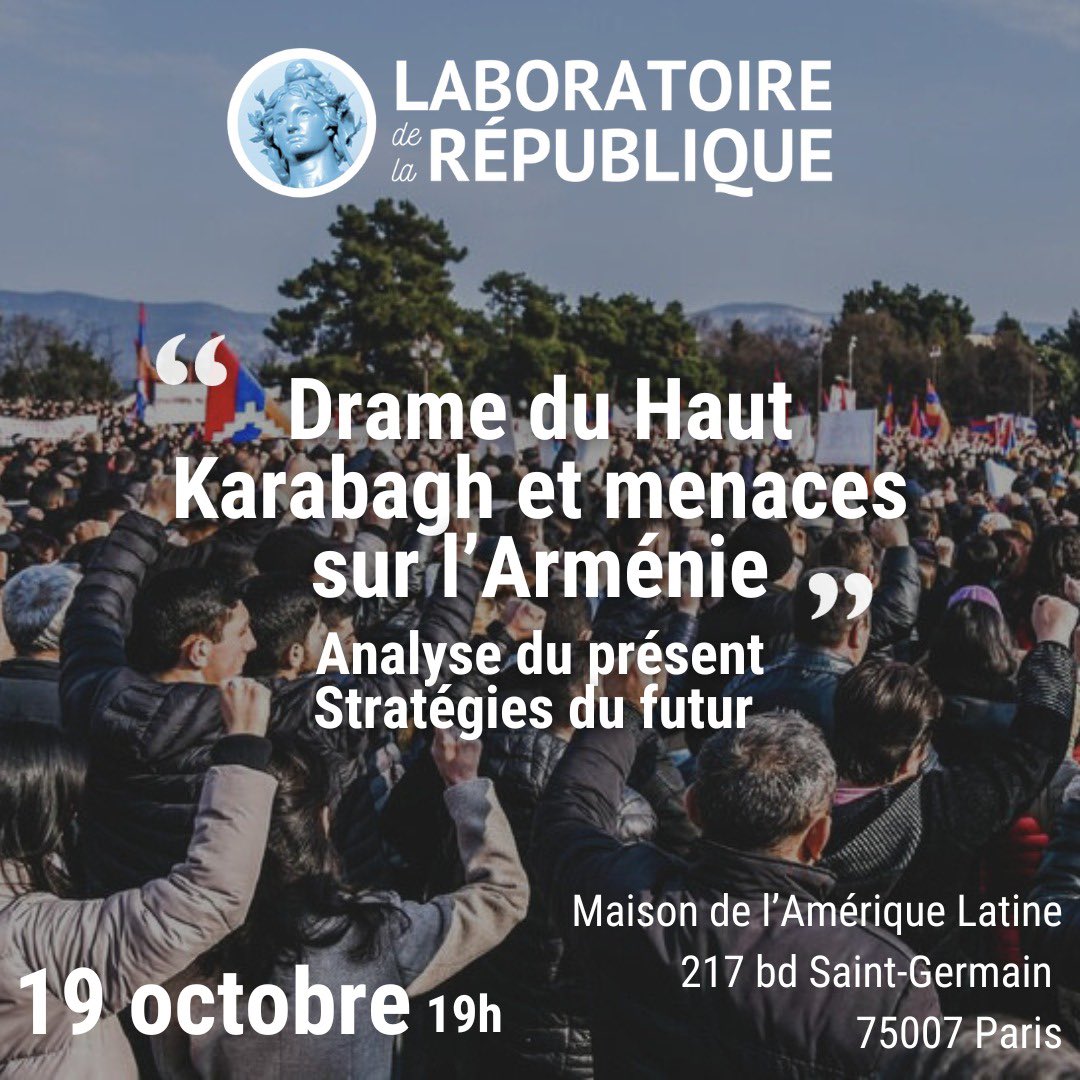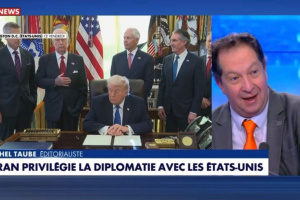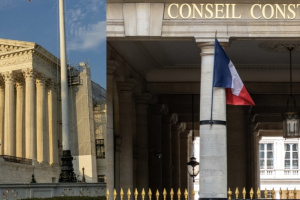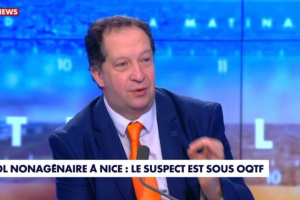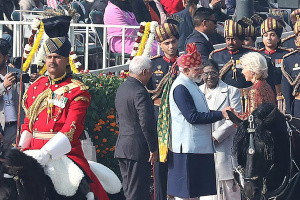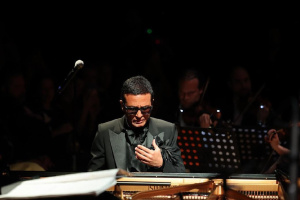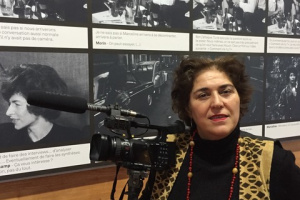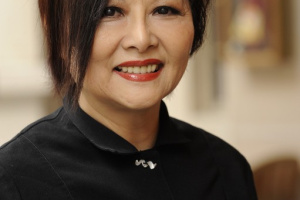The shooting of five high school students in Papua is not only the result of a recent spark of violence, it is a symptom of underlying problems in Indonesia’s far eastern province. Papua is, until today, one of Indonesia’s most troublesome regions – a separatist movement, frequent human rights abuses and poverty make Papua one of the biggest challenges to address for the new Indonesian government. The recent killings in Papua lead to the question if President Jokowi’s will really be able to resolve these long-lasting problems in Papua, as promised during his electoral campaign.
8 December 2014: Five Papuan high school students shot during protests in Enarotali
On Monday, 8 December, a protest against the beating of a 12-year old boy by security forces that took place in the Papuan town of Enarotali, led to the death of five Papuan High School students. Although there are conflicting accounts of what happened, it seems that security forces shot into the demonstration and killed the five students. Several other demonstrators were wounded.
This outbreak of violence is just one of many problems that the Government of Indonesia has to resolve in Papua. Human Rights organizations like Amnesty International and Human Rights Watch frequently urge the Indonesian Government to combat violence by security forces in Papua, to fight human rights abuses and to address the many development challenges in Papua. They criticize that security forces are often not held accountable for the violence they commit and that this leads to a vicious circle where security forces in Papua abuse their power without fearing the consequences.
Although Papua already has the status of a special autonomy region, it is the last region in the vast Indonesian archipelago that still has a separatist movement (rebels in Aceh signed a peace agreement in 2005 and East Timor voted for independence in 1999). Addressing human rights abuses and development problems in Papua will be the only way to end the separatist movement and to help Papua catch up with the rest of Indonesia in terms of development and poverty reduction.
Jokowi promised changes in Papua – will those changes take place?
The election of President Jokowi raised hopes for change in Papua. Before the elections, Jokowi repeatedly emphasized that he wants to improve the situation in Papua. He showed his commitment by making Papua the first step in his presidential campaign, assuring voters that he came to Papua “to emphasize how important this province is to Indonesia” (Jakarta Post: http://www.thejakartapost.com/news/2014/06/06/jokowi-takes-wife-children-campaign-trail.html). He promised to improve education standards and economic infrastructure in Papua in order to allow the region to catch up with the rest of Indonesia. Even more than that, Jokowi appointed (as the first Indonesian President) a Papuan woman to his cabinet (Yohana Yembise, Minister of Women’s Empowerment and Child Protection). He also promised to address security problems in Papua and to grant foreign journalists and international organizations more access to Papua. These signs of interest in Papua raised many hopes. Indonesians believed that Jokowi would soon address the economic inequalities between Western and Eastern Indonesia as well as the security concerns in the region. This also raised hopes for an improvement of the security situation in Papua among the international community.
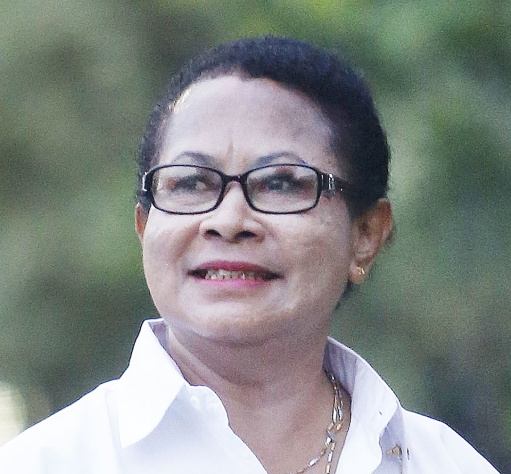
Yohana Yembise, Indonesian Minister of Women’s Empowerment and Child Protection http://www.thejakartapost.com
However, since the elections, Jokowi has not yet shown many signs of following up on his electoral promises. Instead of addressing security issues and human rights abuses in Papua, he has recently decided to increase the presence of the Indonesian military in Papua. This will however not solve the problem, as violence in Papua is, as recently, often committed by security forces themselves. In order to address the root of this problem, deeper measures are needed, such as courses for security forces and holding the police and the military accountable for the violence that they are committing.
The recent events in Papua have led people to believe that change will not come as quickly as they hoped. After the shootings in Papua, doubts arose on the government’s political will to address security concerns and human rights abuses in Papua. The new President was repeatedly criticised for the ineffective response to the violence in Papua. The situation has led to many critics concerning Jokowi’s political approach in Papua, some certainly not unfounded.
However, it is important to keep in mind that the new Indonesian President has only been in power for four months. The situation in Papua has been critical for many years and it will take more than a few months to change the deeper lying problems that spark the frequent violence. It is therefore important to continue observing the political stance that Jokowi takes on the events in Papua and if he will be able to turn his electoral promises into action.
Although the problems in Papua are far from being solved, Jokowi tried to show his willingness to address problems in Papua during Christmas, when he decided, for the first time in Indonesian history, to attend the Christmas celebrations in Papua instead of Jakarta, showing presence in the troubled region. Of course, this visit is first and foremost a symbol but it shows the recognition of the difficult situation in Papua. Jokowi was elected with the slogan “A New Hope” and the hope he spread among the Indonesian population led to high expectations. This first big violent incident since Jokowi’s election shows that it will be difficult for him not to disappoint all those hopes. Even if change will come, for Papua and for the rest of Indonesia, it will not come as quickly as people imagined when electing Jokowi.





